Paediatric Dermatology
An Introduction to Paediatric dermatology
Paediatric dermatology is a specialized field within dermatology that focuses on diagnosing, treating and managing skin, hair and nail conditions in infants, children and adolescents. Children’s skin is more sensitive than that of adults and can be affected by a wide range of congenital, developmental and acquired conditions. Paediatric dermatology can encompass common skin conditions such as eczema, diaper rash, acne, warts and fungal infections. It also includes birthmarks and vascular anomalies (e.g. haemangioma), inherited skin disorders (e.g. ichthyosis, epidermolysis bullosa and neurofibromatosis), psoriasis, allergic reactions and skin infections, and cancer. Paediatric dermatologists work closely with parents, paediatricians and other specialists to ensure comprehensive care for young patients. Children’s skin can be more responsive to various treatments, necessitating specialized approaches. Early intervention and proper management by a paediatric dermatologist can help alleviate discomfort, prevent complications and maintain healthy skin throughout childhood and adolescence.

In this episode, we speak with leading paediatric allergist Prof. Helen Brough to explore the key factors behind why some children develop allergies to foods such as peanuts, and what we can do to help prevent them. We also examine the latest developments in managing food allergies and the innovations on the horizon that could transform how we treat them.
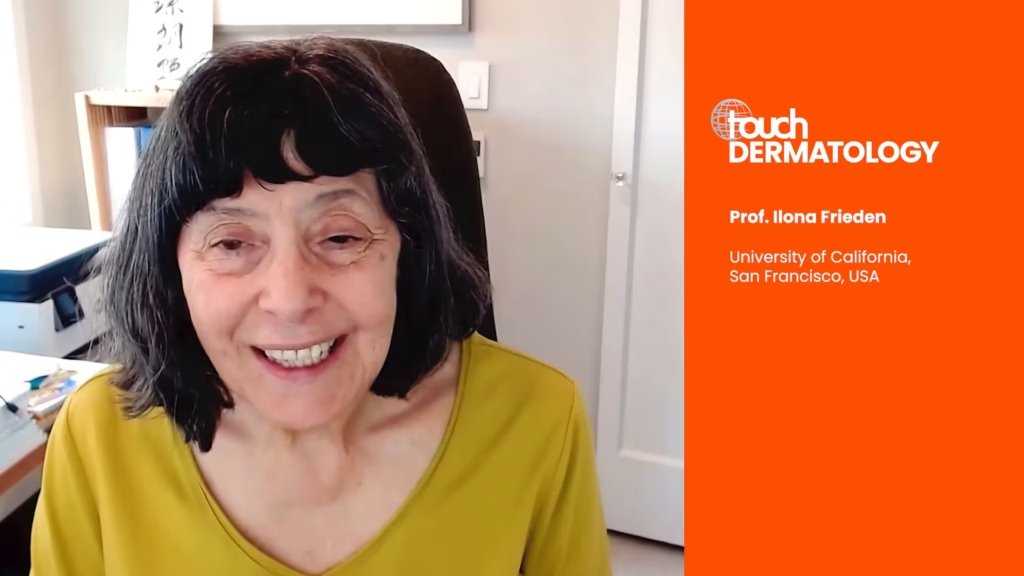
Expert insights on referral, risk stratification and treatment for patients with infantile haemangiomas

This year, we are celebrating our inaugural touchDERMATOLOGY Future Leaders to recognize the outstanding talent that has entered our field in recent years. These individuals are set to innovate and transform dermatology in the years to come. Representing a diverse range of expertise from across the globe, these highly accomplished clinicians are among the brightest minds shaping the future of dermatology. We had the pleasure of learning about their unique career journeys, motivations, and the inspirations that have guided their paths. They also shared their perspectives on the most exciting developments in dermatology today, along with their hopes for the future of the field. Congratulations to all our touchDERMATOLOGY Future Leaders, and thank you for sharing your stories, insights and ambitions with us.

Physician burnout is at a critical point. In this episode, Nicky speaks with Dr Alfred Atanda about why so many physicians are burning out and what can be done to change the trend. From personal experience to system-wide solutions, Dr Atanda shares valuable insights on improving physician well-being and building a more effective healthcare culture.

With a career that spans continents, Prof. Dedee Murrell stands out as a global leader in dermatology and a passionate advocate for women in medicine. In this episode, we sit down together to explore her inspiring journey—from her early years in the UK and medical training in the USA to pioneering therapies for some of dermatology’s rarest and underserved conditions in Australia. We also reflect on her recent MDS Lifetime Achievement Award and discuss the value of mentorship, strategies for advancing a career in dermatology and academic medicine, and how to stay at the cutting edge of medical innovation.

Atopic dermatitis (AD) is a chronic inflammatory skin condition affecting approximately 10–30% of children worldwide. Early-onset AD, which often emerges by age two, is associated with a higher risk of developing other allergic diseases such as asthma and food allergies. Beyond its physical burden, AD significantly impacts patients and their families, contributing to sleep disturbances, emotional distress, financial burdens, and social challenges.
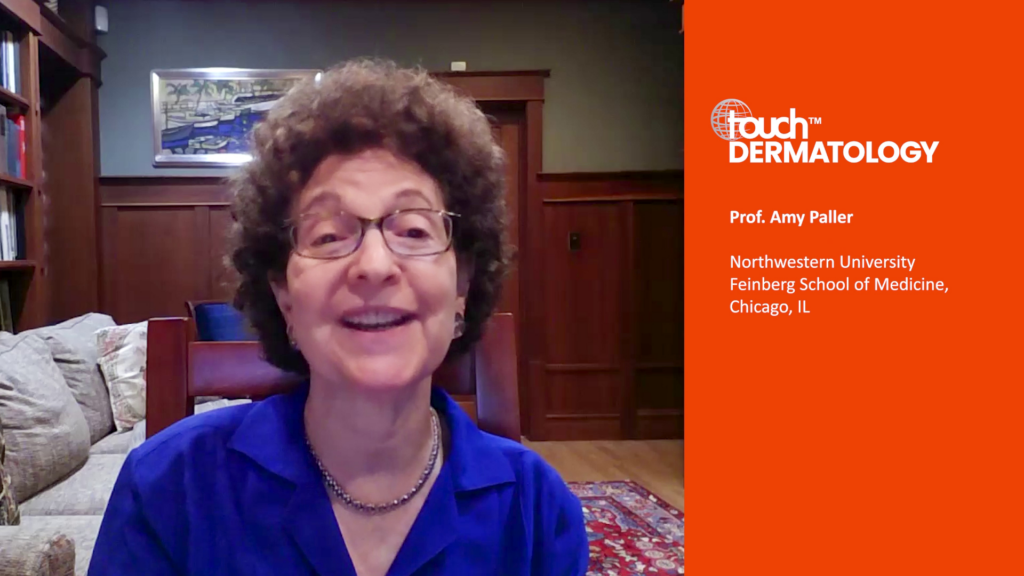
An expert in paediatric dermatology provides guidance on managing patients with epidermolysis bullosa
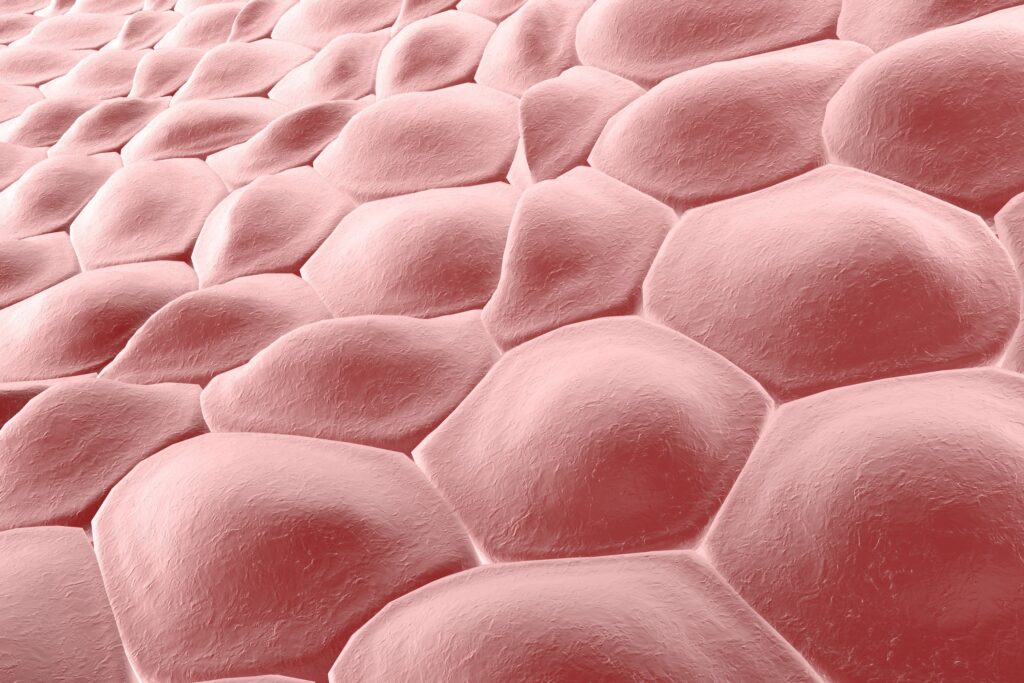
In an encouraging development for children with severe atopic dermatitis (AD), dupilumab, an interleukin-4 (IL-4) receptor alpha antagonist, has shown evidence of improving height outcomes. According to new findings presented by Prof. Alan Irvine (Trinity College Dublin, Ireland) at the 2024 ...
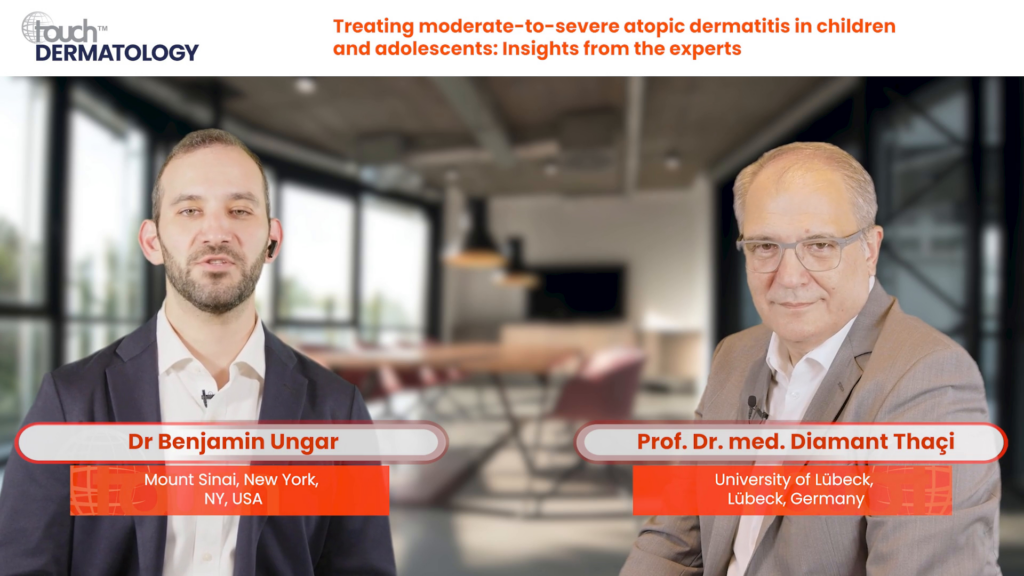
Treating moderate-to-severe atopic dermatitis in children and adolescents: Insights from the experts
Watch expert dermatologists discuss the management of moderate-to-severe AD in children and adolescents.









Multidisciplinary experts discuss the diagnosis and management of patients with systemic mastocytosis.




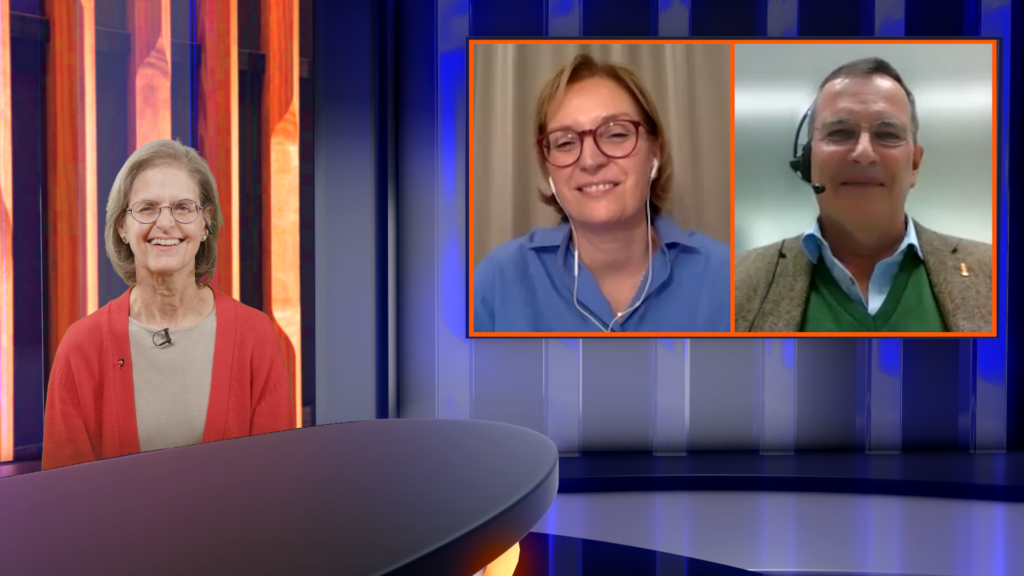
Watch three experts discuss how they manage moderate-to-severe atopic dermatitis in children.

Dupilumab is a monoclonal antibody approved for use in patients with atopic dermatitis that is not well controlled with topical treatments, or who are unable to use topical treatments. It was a pleasure to talk with Prof Amy Paller (Northwestern University Feinberg School of Medicine; Lurie Children's Hospital of Chicago, Chicago, IL, USA) about the key takeaways from the LIBERTY AD PRESCHOOL and the ongoing open-label extension trial, which is investigating the safety of dupilumab treatment in patients aged 6 months to 5 years with moderate-to-severe atopic dermatitis.
Latest articles videos and clinical updates - straight to your inbox
Log into your Touch Account
Earn and track your CME credits on the go, save articles for later, and follow the latest congress coverage.
Register now for FREE Access
Register for free to hear about the latest expert-led education, peer-reviewed articles, conference highlights, and innovative CME activities.
Sign up with an Email
Or use a Social Account.
This Functionality is for
Members Only
Explore the latest in medical education and stay current in your field. Create a free account to track your learning.


